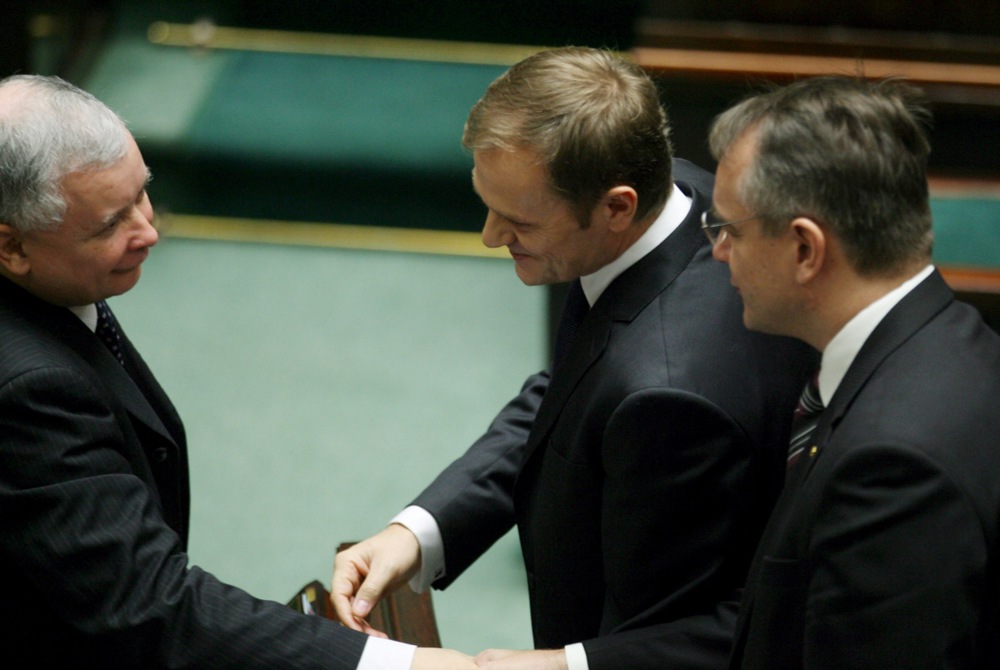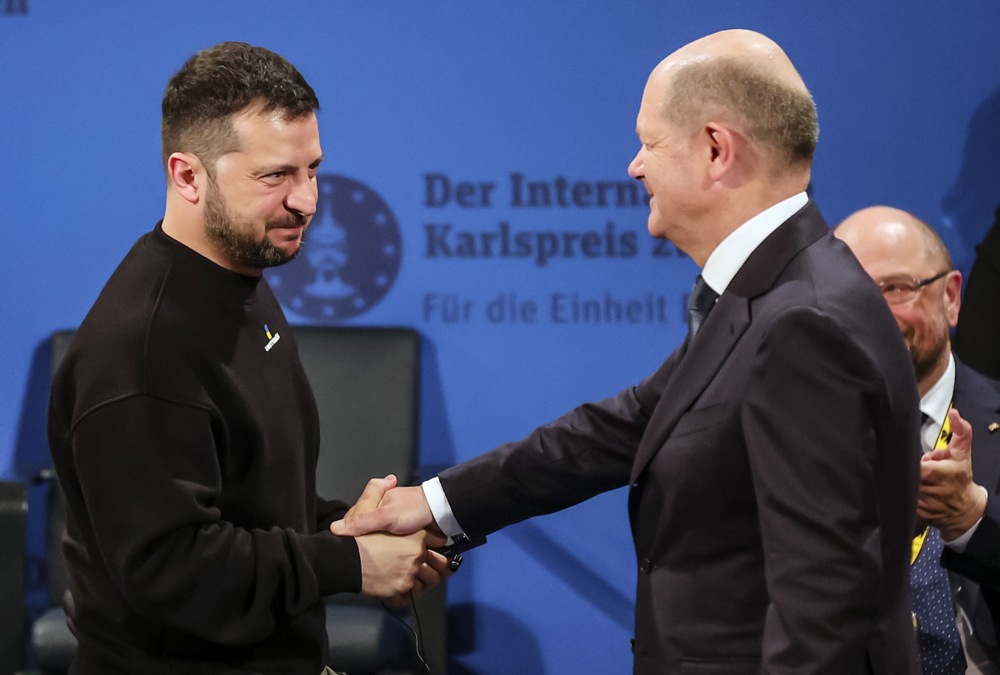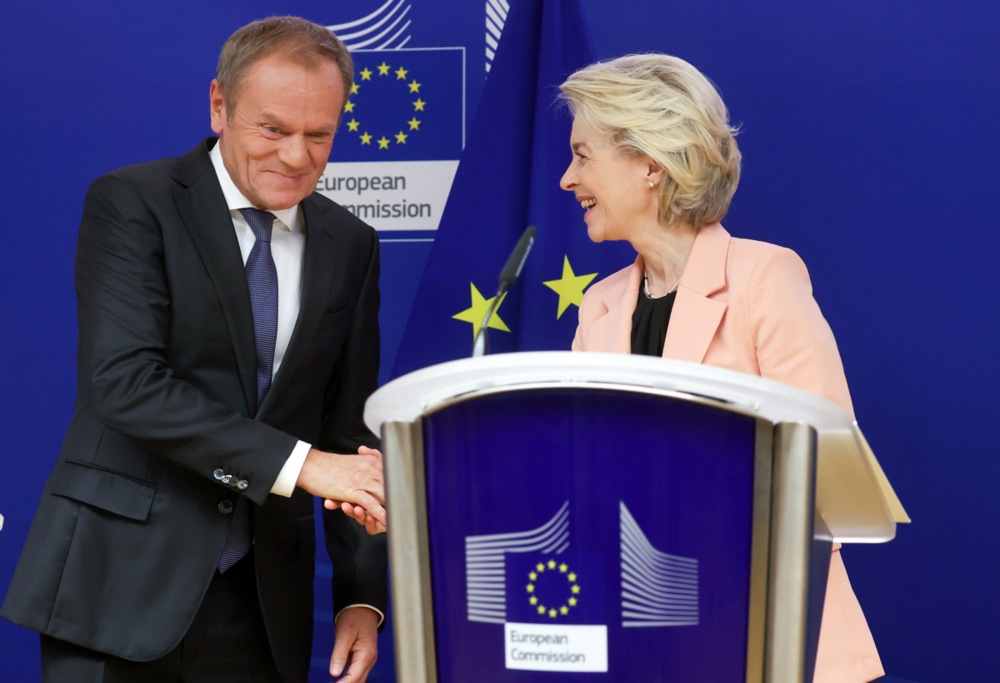Welcome to the latest episode of historical reruns: the Ukrainian saga, eerily reminiscent of 1939s Operation A-Bewegung. It’s like déjà vu, but with modern flair, as Germany and Russia seem to be drawing lots over Ukraine, much like they and the USSR did with Poland back in the day.
Ukraine, bless its geopolitical heart, is turning into quite the darling pawn for Germany and, to a lesser extent, France. Who needs chess when you have real countries to manoeuvre? This is especially fun to watch in sectors where Poland gets the short end of the economic stick, thanks to Ukraine’s unwitting participation. The grain crisis and truck blockage? Merely symptoms of a larger game.
But is it all Ukraine’s fault? Of course not! Let’s not forget the dazzling incompetence of certain leaders, particularly those gracing the shared service centers. Their stellar lack of vision in failing to upgrade their teams’ roles in the value creation chain is nothing short of impressive.
Now, for Ukraine to keep playing its part in this grand charade, a couple of things need to happen. First, let’s force a “peace” on Ukraine, which is just a fancy way of saying, “Give up some land to Russia, will you?” The recent shuffling in Ukraine’s military leadership? Probably just them bracing for the inevitable.
Second, let’s keep Ukraine out of the EU’s cool kids club for a bit longer. Why? Because cheap labor is such a gem, and who would want to lose that?
But wait, the bureaucrats in Brussels, in their infinite wisdom, seem to be missing a few tricks. They’re forgetting that elections could throw a wrench in their plans, Russia might have an insatiable appetite for land, and oh, opening Ukraine’s labor market to Europe might just kick off a labor exodus and an inflation party.
In the end, Ukraine might find its best allies not in Berlin or the EU institutions, but in Poland, the Visegrad nations, the Baltic states, those fun Scandinavians, and the Three Seas Initiative. Because who needs straightforward alliances when you can play in the complex web of European politics?





Playing geopolitical chess in central Europe: Pawns, knights, and kings in a high-stakes game